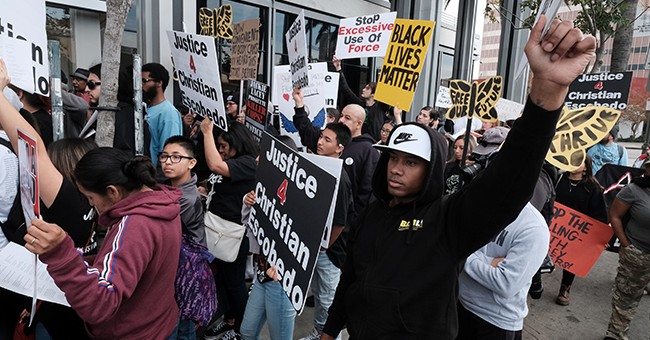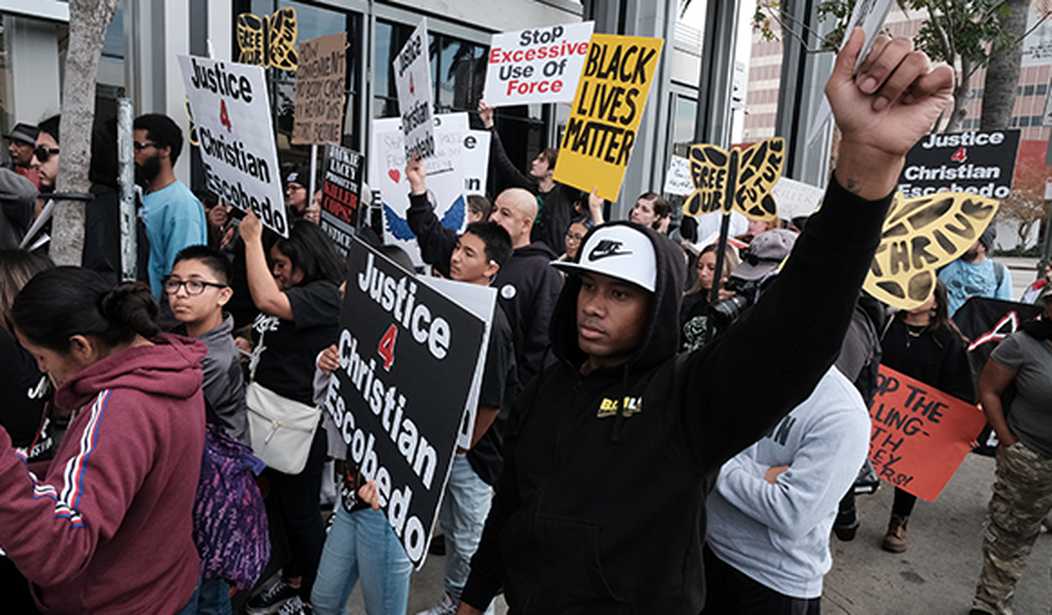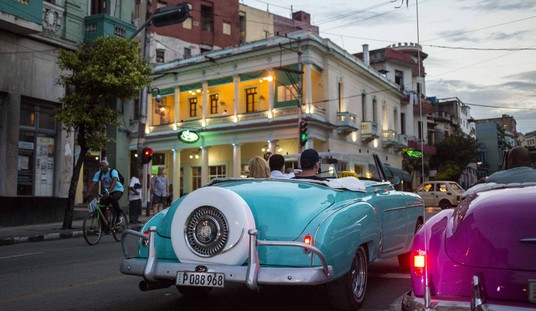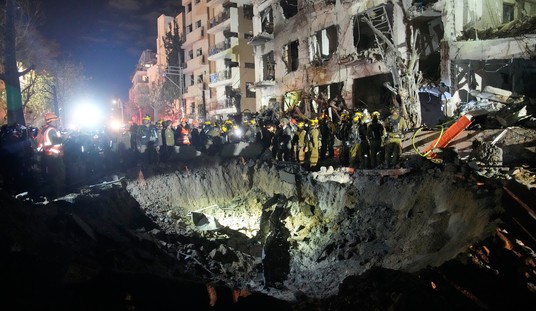
Watching TV last night, my oldest daughter (8 years old) saw the phrase, “Bl,ack Lives Matter” on television. Naturally, being eight and unaware, her first question was, “Don’t white lives matter, too?”
It is a very fair question and, being eight years old and having no real experience seeing racial injustice, it led to a lot of questions about all lives mattering. So, we had to have The Conversation.
Truth be told, though, I had been expecting this for a while because of all the media exposure the movement has been getting. Kids are perceptive, and given the fact that my wife and I are both teachers and that I am a Senior Editor here at RedState, we probably talk about these issues a little more than your average middle class white family. And because my daughter wears her heart on her sleeve, she didn’t think anything about the racial disparity in the statement “black lives matter” — she just wanted everyone to love and treat each other fairly.
That sentiment is perfectly fine, because that’s how we want our daughters to be raised. We want them to see beyond the color of a person’s skin and focus on loving people for who they are. But, we also had to explain why the statement is “black lives matter” and not “all lives matter,” which was the conclusion she’d come to initially.
All lives do matter, and there is a movement out there to condemn anyone who says that phrase as though it is a racist statement. It is not. “All lives matter” is the natural conclusion of the “black lives matter” movement (not to be confused with the organization called Black Lives Matter, which is a different matter entirely). It is not the moment we live in, however, and there is a reason we should be focusing on the importance of black lives.
It is not that black lives matter more than any other lives, and it’s not that we think everyone believes black lives don’t matter. The fact is that while things are not perfect, they are far from being as bad as they were even a few decades ago. We have continued to make major strides in this country with regards to racial equality. But you never see the almost perfect when the flaws are so garish that they ruin the image.
There are plenty of statistics you can throw around showing the numbers of those killed by police by race aren’t as racially lopsided as we’re led to believe. But how many people who are killed by police isn’t the problem. The problem we have seen so many times over the last several years is how many die in custody or as they are being taken into custody.
Those are not statistics you can easily pull up, but there is a lot of (admittedly) anecdotal data showing that the most egregious examples of excessive force against a suspect in custody are lopsided. You do not see any stories of white suspects dying in custody in the ways you see black suspects dying in custody. White suspects do not have cops kneeling on their necks for nine minutes, nor do they get put in chokeholds for far longer than is the standard for such holds.
White parents don’t have to be worried about their children being handled as aggressively in custody, but black parents do, and that is a whole discussion black families have to have that those white families never will.
It is not that white lives, or any other lives, don’t matter. It is that black lives in many instances have not mattered enough. That is why it is far more appropriate to say “black lives matter” rather than try to force in an “all lives matter.” The former is the current state; the latter is the goal.
As we had this discussion (mind you, this column is the more grown-up version of that talk), one thing that did stand out is how easy it is for a child to understand this. A couple of follow-up questions and we knew she had it. For someone like her the goal is love, and we should all be doing a better job of showing that love.
Black and white, love is love and there has never been a greater need for love and grace than right now.











Join the conversation as a VIP Member